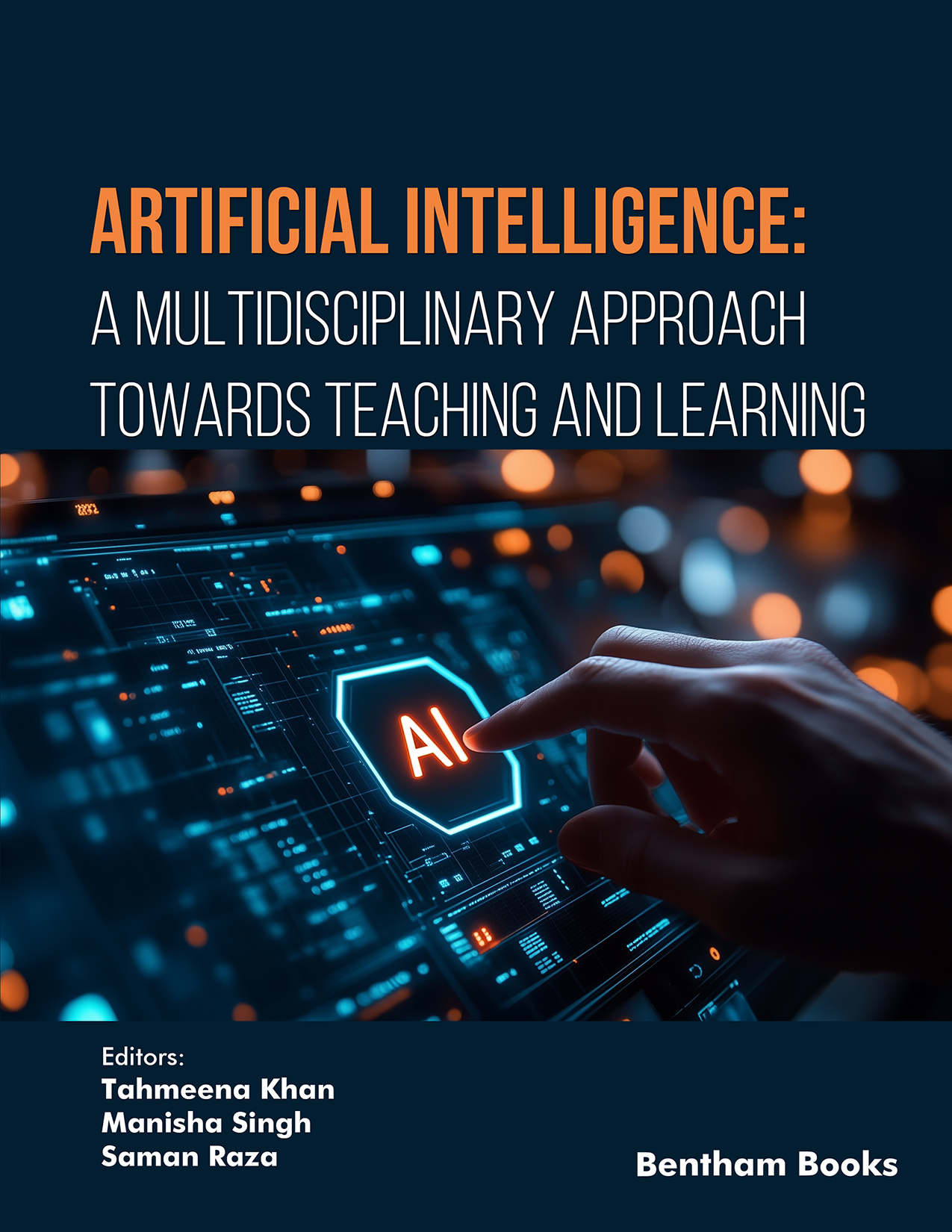Introduction
Artificial Intelligence: A Multidisciplinary Approach towards Teaching and Learning explores the evolving role of AI in education, covering applications in fields such as bioinformatics, environmental science, physics, chemistry, economics, and language learning. Written by experts, this book provides a comprehensive overview of AI's integration into diverse subjects, offering insights into the future of AI in education and its potential to enhance academic research and pedagogy.
Targeted at faculty, students, and professionals, the book addresses AI's role in blended learning environments and offers practical tools for educators seeking to incorporate AI into their teaching practices.
Key Features:
- - Multidisciplinary exploration of AI in teaching and learning.
- - Practical tools and methodologies for educators.
- - Insights into AI-driven innovations in research.
- - Relevant to a broad audience, from students to professionals.
Readership:
Undergraduate/Graduate students, academics, and professionals interested in AI applications in education.

